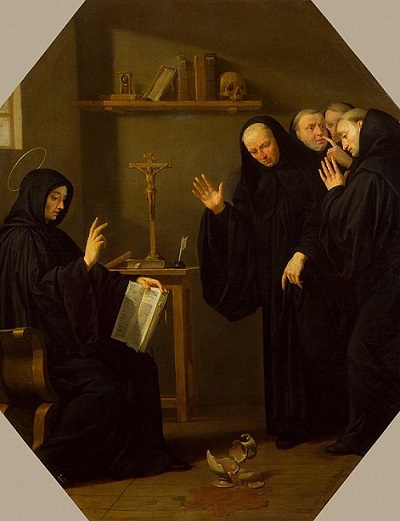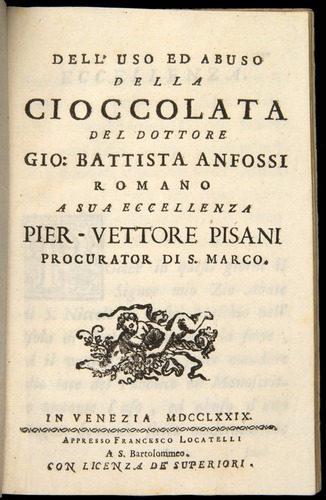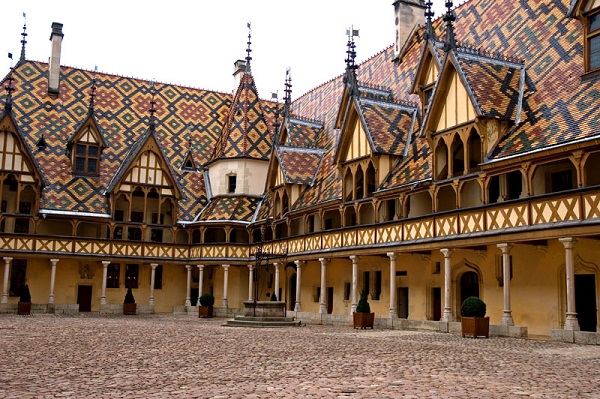Benedict (image is by Phillipe de Champaigne The Poisoned Cup of Wine c. 1643-48) was born around the year 480 AD to wealthy parents in Nursia, now the region in Umbria in central Italy. As a young man of privilege it is said that he led a life of promiscuity and decadence. But he became inspired by the promise of the Christian faith when viewing the amount of pagan violence around him. He subsequently met the monk Romanus Subiaco, who convinced him to live alone in a cave near Subiaco’s monastery for three years, in order to demonstrate his commitment to the convictions of Christian faith. Subiaco checked in on the young Benedict on a regular basis and when the three years were served, Benedict was given the call to become abbot for the fifteen monks who lived in the monastery.
Benedict assumed control of the monastery and insisted that his monks follow in the strictest manner of Cenobite worship and mission. This meant that the monks were constrained from all the temptations of physical pleasures. His rule required them to work diligently in the monastery’s gardens and vineyards. Senior monks were rationed a pound of bread per day along with two cooked meals, and when available, apples and vegetables were available for a third meal. Younger monks received considerably less.
The allocation of red wine was typically about one pint per day, although Benedict could authorise a little more when it was warranted by intensive labour during the summer months. Wine was provided for bodily needs, not for satisfying the palate!
In addition to the strenuous labour and stringent bodily demands, Benedict also required his monks to sing all of the psalms of the Bible every week and he standardised their personal conduct under the Rules of the Master, a twelve-thousand word dictum he wrote around 530.
All of these factors saw some of the monks become seriously disillusioned and out of the disillusionment came a conspiracy to kill Benedict by poisoning his wine. As he blessed his fatal wine cup, it shattered, saving his life and giving the rather shocked monks a whole new appreciation for the power of God as expressed by their leader.











